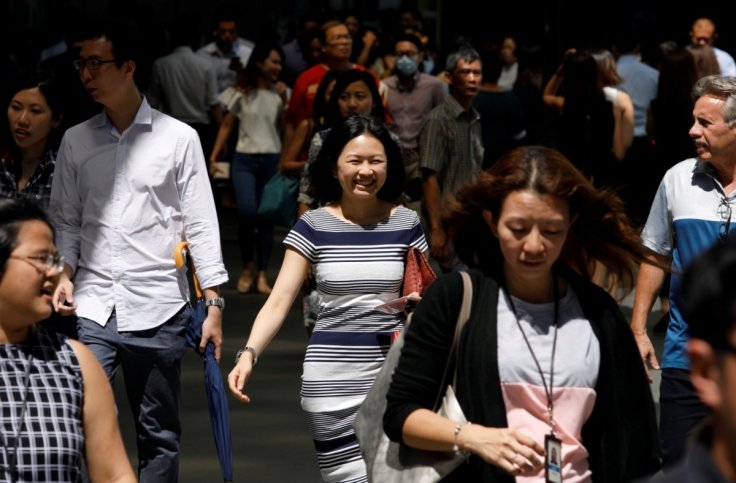
A joint research conducted by the Lee Kuan Yew School of Public Policy and the Ong Teng Cheong Labour Leadership Institute revealed that 63 percent of underemployed graduates in Singapore are women. The worrying statistics also indicated that despite working full time, many graduates in Singapore are earning below S$2000 a month.
During the study, researchers received responses from 1,626 Singapore graduates between August and November 2017. The researchers found that 4.31 percent of the participants were severely underemployed. These people were degree holders who earn below S$2000 a month even after having a full-time job.
About 18 percent of these underpaid employees are from the health and social services, while 12 percent are from the financial sector and 7 percent of these employees are from the education and transport sector. Most of the underpaid employees are females with a median age of 35, and interestingly, they have 10-15 years of work experience.
The issue of graduate underemployment is a growing concern in Singapore. Underemployment usually happens when skilled workers take on low paying jobs.
The survey also revealed that only 51 percent of these underemployed graduates felt that they were getting recognized for their talents in workplaces. About 75 percent of the participants said that their employees recognized their educational qualifications more. Underemployed people also complained about less income and job security and revealed that their ranks in workplaces are much lower than what they deserve.
The underemployed graduates also shared their worries over fewer retirement savings. More than half of these employees reported being worried about insufficient savings to lead their retirement life. About 60 percent of underemployed Singaporeans reported lacking enough finance to meet their daily expenses.
"Sometimes, opportunities may have been scarce or may not have been spotted by these graduates. At other times, they may have been too quick to take up any job offer that came their way, to bring in an income to pay their bills and daily living expenses. This group may then find themselves stuck in that 'lesser' job role and may find it increasingly difficult to venture out after settling in," wrote Zainal Sapari, the NTUC assistant secretary general on his blog post.
The demand from the students is to level up their employability and help assist the economy. "If health issues are the main contributing factor to their inability to carry out certain jobs, then employers should be encouraged to redesign these jobs. This is just one of the many ways we can help these underemployed graduates," said Sapari.









